 All week, we'll be posting reviews of 10 new CDs just added to the AccuJazz Staff Picks channel. You can keep tabs on all the reviews as they come out here.
All week, we'll be posting reviews of 10 new CDs just added to the AccuJazz Staff Picks channel. You can keep tabs on all the reviews as they come out here.10) Mikrokolektyw - Revisit (Delmark)
Polish avant-jazz duo Mikrokolektyw are the first European jazz group to release an album on Chicago's 57-year-old Delmark Records. One wonders why it took Delmark so long to make the leap across the Atlantic, but it does seem an appropriate fit. I think of Mikrokolektyw as something of a Polish version of the Chicago Underground Duo, a similarly open-minded trumpet-and-drums team with little concern for the boundaries of genre. Members of the Chicago Underground (a collective of musicians who record in a number of contexts, from duo to trio to orchestra) have recorded a handful of CDs for Delmark. Also: Chicago Underground Duo's most recent disc was on the inaugural edition of my Staff Picks channel.
The Mikros are a little less "out" than their Windy City counterparts, rarely engaging in the raw, in-the-moment free improvisation that is the M.O. of the Chicago Underground groups. Instead, trumpeter Artur Majewski and drummer Kuba Suchar craft off-kilter loops using both acoustic and electronic elements and improvising on top of them. Drummer Suchar rarely ventures far from the repeating groove pattern, content to be the foundation upon which all manner of electronic sounds and trumpet solos are built.
The acoustic/electric tunes are studies in patience and effective use of repetition. Oftentimes, as in "Running Without Effort," one bass line (played on what sounds like a balafon) persists for the entirety of the track. Yet Majewski and Suchar manage to hold the listener's attention through subtle layers of percussion, synthesizers, and a long, winding trumpet melody. Not all the tunes on Revisit are as minimalist, but all feature the same sort of churning rhythm and soft, melodic trumpet sound, creating a sound world unique unto itself.
The acoustic/electric tunes are studies in patience and effective use of repetition. Oftentimes, as in "Running Without Effort," one bass line (played on what sounds like a balafon) persists for the entirety of the track. Yet Majewski and Suchar manage to hold the listener's attention through subtle layers of percussion, synthesizers, and a long, winding trumpet melody. Not all the tunes on Revisit are as minimalist, but all feature the same sort of churning rhythm and soft, melodic trumpet sound, creating a sound world unique unto itself.
Listen to the Staff Picks channel here


 All week, we'll be posting reviews of 10 new CDs just added to the AccuJazz
All week, we'll be posting reviews of 10 new CDs just added to the AccuJazz 
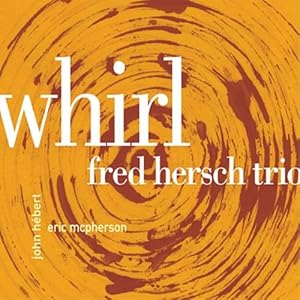 All week, we'll be posting reviews of 10 new CDs just added to the AccuJazz
All week, we'll be posting reviews of 10 new CDs just added to the AccuJazz 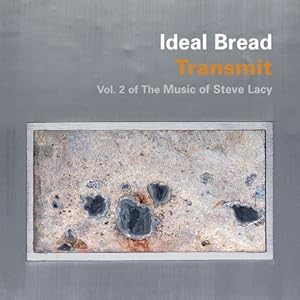
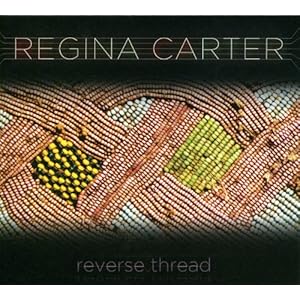 All week, we'll be posting reviews of 10 new CDs just added to the AccuJazz
All week, we'll be posting reviews of 10 new CDs just added to the AccuJazz 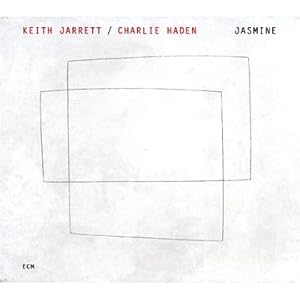 All week, we'll be posting reviews of 10 new CDs just added to the AccuJazz
All week, we'll be posting reviews of 10 new CDs just added to the AccuJazz 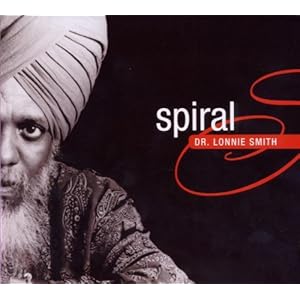 All week, we'll be posting reviews of 10 new CDs just added to the AccuJazz
All week, we'll be posting reviews of 10 new CDs just added to the AccuJazz 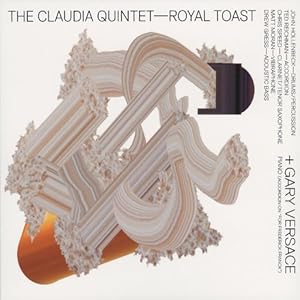 All week, we'll be posting reviews of 10 new CDs just added to the AccuJazz
All week, we'll be posting reviews of 10 new CDs just added to the AccuJazz 
